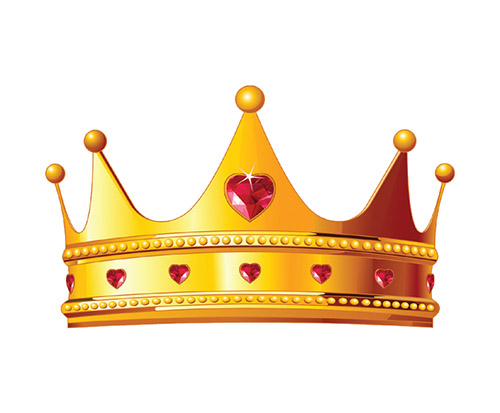
The following was presented on Father-Son Learning Day at Yeshiva Heichal HaTorah, delivered to the students of his grandson, Rabbi Zev Senter.
Sixty years ago, my wife’s zeide, Rav Moshe Aaron Poleyeff, z”l, spoke at our sheva brachos. In honor of his granddaughter, he explained a pasuk from Mishlei (17:6) by Shlomo Hamelech.
עֲטֶ֣רֶת זְ֭קֵנִים בְּנֵ֣י בָנִ֑ים וְתִפְאֶ֖רֶת בָּנִ֣ים אֲבוֹתָֽם
“Ateres zikeinim bnei vanim,” The crown of grandfathers are their grandchildren. “V’siferes banim avosam,” And the glory of children are their fathers.
Rav Poleyeff asked why both parts of this pasuk do not correspond. They should either say that the glory of children are their grandfathers or, inversely, that children are the crowns of their fathers.
The second half of the pasuk, he explained, refers to the fact that children proudly look up to their parents, often bragging to others about how great they are. For example, imagine a man coaching a Little League baseball team. A young player hits a long home run, way into the outfield. After rounding the bases, the coach pats him on the back and says, “Wow! That was amazing!!” The boy replies, “You think I’m good? You should see my father play!”
And why is it that Shlomo Hamelech writes in the first half of the pasuk that the zeide’s glorious crown are his grandchildren, not his children? Why is there this disparity?
Because true Yiddishe nachas is when you see that what you have given over to your child is being passed to the next generation. It is when you see that the Torah you have learned, the precious ideas you have treasured, have been successfully handed down to your sons and daughters, who then relay our mesorah to their children.
Rav Yosef Dov Soloveitchik, z”l, asked, “Among the three Avos, who is the only one specifically referred to as a zeide, a grandfather?” The answer is Yaakov Avinu, who is called “Yisrael Saba” (Bereishis Midrash Raba). The Rav explains that this is because he was the only one of the Avos to teach his grandchildren. Avraham never taught Yaakov. Yitzchak never taught any of the shevatim. Yaakov, however, is depicted as connecting with and directly giving over to his grandsons, the sons of Yosef, Ephraim and Menashe, the Torah he himself had inherited from his father, Yitzchak.
When I was teaching at Yeshiva University, I took the opportunity to attend shiurim given by Rav Ahron Soloveichik, z”l, who shared the following insight.
On Friday nights, many fathers give their precious children the blessing, “Yisimcha Elokim k’Ephraim u’k’Menashe,” May God make you like Ephraim and like Menashe (based on Bereishis 48:20). Why do we single out Ephraim and Menashe as the source for this bracha? Why not “like Yosef Hatzadik,” their father? Or “like the sons of Yaakov Avinu”?
Because Yaakov Avinu knew through ruach hakodesh that the Jewish people will be in galus for many years and will inhabit many foreign lands. They will not always be in the shelter of Beis Yaakov with all of its kedusha. He looked at these grandchildren who were born and raised in Mitzrayim, growing up within its 49 gates of tumah, and yet they remained committed, dedicated and devoted Jews.
And so, parents give this bracha that their children be like Ephraim and Menashe, to teach them that “Wherever you go, wherever you wander, wherever you find yourself—be loyal to the teachings of the Torah that you have learned, passed down from generation to generation until today.”
By Rabbi Zecharia Senter
Rabbi Zecharia Senter is the founder and president of KOF-K Kosher Supervision, one of the largest kosher certification agencies serving the Jewish community worldwide. He was a talmid of Rav Yosef Dov Soloveitchik, z”l, and received semicha from Yeshiva University’s RIETS.










